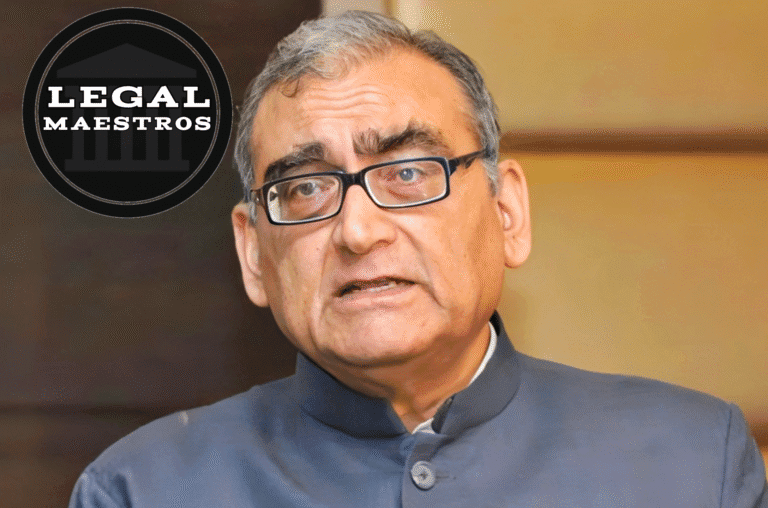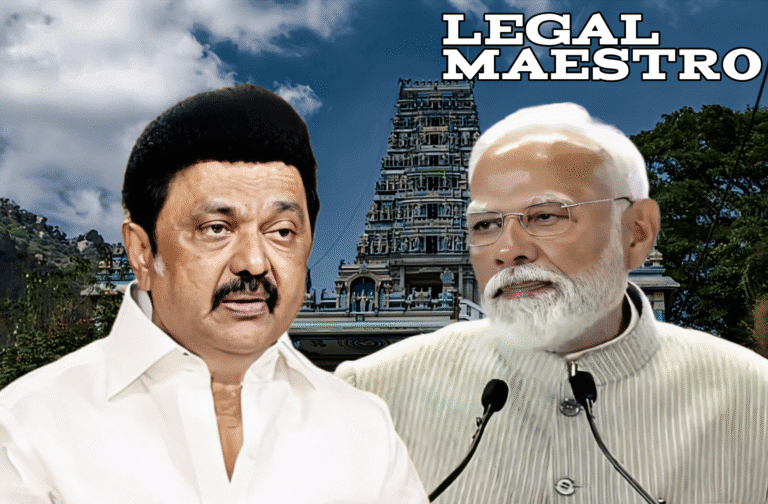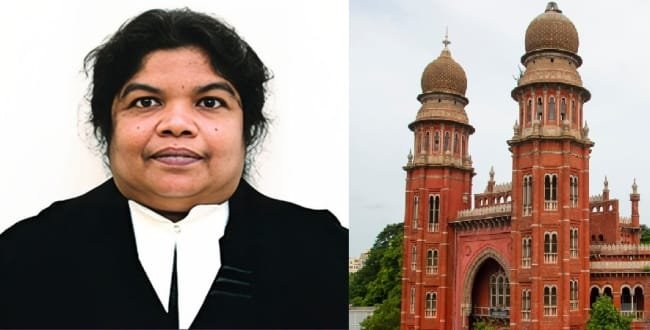
BPL Certificate Sufficient for Awarding BPL Marks, Says Himachal Pradesh HC, Eliminating Need for Income Certificate : Justice Vivek Singh Thakur
A Landmark Judgment: Sahil Kumar v. HPSEBL and Others
The latest judgment of the Himachal Pradesh High Court in the matter of Sahil Kumar vs. HPSEBL & Others, decided on 6 June 2025, raises important issues surrounding the law of public employment and the duty of the judiciary to uphold the rule of law against arbitrary selection.
This matter concerns the denial of marks to a candidate seeking appointment under the Below Poverty Line (BPL) category and was filed at first instance before the H.P. State Administrative Tribunal in 2019, then transferred to the High Court.
The Facts of the Case
Sometime back, petitioner Sahil Kumar had applied for the posts of Junior T-Mate/Junior Helper, notified by the Himachal Pradesh State Electricity Board Limited (HPSEBL) in 2018.
For any queries or to publish an article or post or advertisement on our platform, do call at +91 6377460764 or email us at contact@legalmaestros.com.
The advertisement explicitly described a convoluted discriminatory selection algorithm involving 2.5 points being awarded for each BPL candidate whose family earned less than Rs. 40,000 per annum. As evidence, Sahil Kumar had submitted the necessary BPL certificate from the Gram Panchayat along with his online application form for the General (BPL) category.
When the results were declared on 10 January 2019, he was given 70.73 marks, but the calculation did not entail adding the 2.5 marks for his BPL certificate. The respondent board disallowed these marks on the ground that the statement of the BPL certificate did not explicitly mention that the annual family income is less than Rs. 40,000, and a separate income certificate was not annexed. This denial led to his non-selection, as the cutoff for the General (BPL) category was 72.63 points.
For More Updates & Regular Notes Join Our Whats App Group (https://chat.whatsapp.com/DkucckgAEJbCtXwXr2yIt0) and Telegram Group ( https://t.me/legalmaestroeducators )
For any queries or to publish an article or post or advertisement on our platform, do call at +91 6377460764 or email us at contact@legalmaestros.com.
Fundamental Issues and Court’s Analysis
The High Court posed the broad question of whether they had arbitrarily deprived the petitioner of the 2.5 marks for his BPL certificate. The respondent board’s argument was that an income certificate declaring that family income is less than Rs. 40,000 clearly and unambiguously was required.
The High Court engaged in a very detailed statutory construction of the advertisement’s directions and rejected this view as “crazy.” The Court stated that the main purpose of a BPL certificate, given by the right authority like the Panchayat Secretary and signed by the Pradhan, was to confirm that a family met the income requirements for having a BPL certificate, which at that time meant earning less than Rs. 40,000 a year.
Thus, possession of a valid BPL certificate in the period concerned necessarily implied that the family income of the petitioner was below the prescribed level. It was not the applicant’s burden to separately establish the income threshold already certified by the BPL affidavit.
For any queries or to publish an article or post or advertisement on our platform, do call at +91 6377460764 or email us at contact@legalmaestros.com.
The Court’s procedural issue with Respondents’ claim that all finalists should have been joined as parties to the complaint was perhaps more important. The Court again distinguished the requirement for service jurisprudence that you need not implead every individual who would be affected.
If only a handful of such employees register complaints or if the recently hired serious applicant in the specified category is indeed impleaded, her presence sufficiently fulfills the duty to defend and protect all members’ interests. Alternatively, the last enrolled candidate in the General (BPL) category, Satish Kumar, would have been joined as respondent No. 2, meeting the requirement of joinder of parties. The Court further held that the declaration of the petitioners’ category as General (BPL) at the time of inception does not allow for subsequent changes.
The Court’s procedural issue with Respondents’ claim that all finalists should have been joined as parties to the complaint was perhaps more important.
for the General (BPL) category. Acknowledging that the selection process was finished in 2019 and the issue had been hanging in for a long time, the Court weighed the likely hardship to the last selected candidate, Satish Kumar, who has been in office for more than six years through no fault of his own.
For any queries or to publish an article or post or advertisement on our platform, do call at +91 6377460764 or email us at contact@legalmaestros.com.
To balance equity, the court directed the HPSEBL to offer Sahil Kumar an appointment by July 15, 2025. Furthermore, he is entitled to all service benefits, including monetary benefits and seniority, from the original due date of appointment of other selected candidates in 2019. The judgment also stipulated that Sahil Kumar would receive arrears without interest if paid by March 31, 2026, failing which interest at 6% per month would apply.







